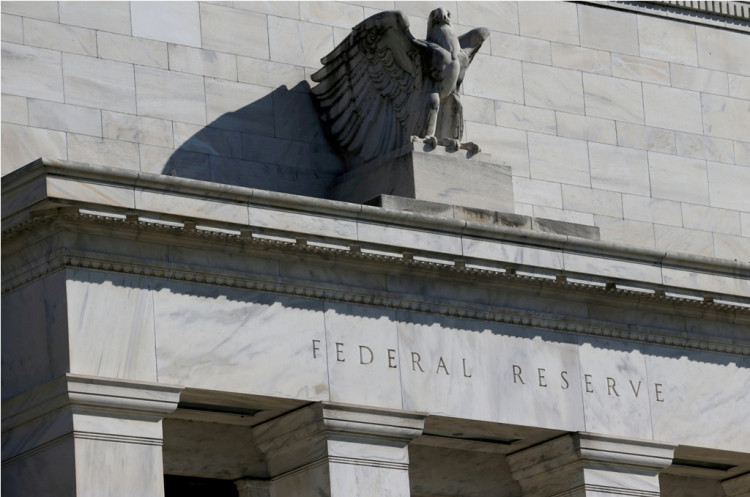Results from the latest Bank of America Merrill Lynch Fund Manager Survey released on Tuesday suggested that more and more fund managers fear that a global recession may take place in the near future as growth slows further and trade uncertainties loom.
According to CNBC, the survey that involved 235 panelists revealed that 38 percent of the polled investors are expecting a global recession to kick off sometime next year. The figures are the highest yet since October 2011.
Analysts said the survey's results are a red flag in the position and sentiments of investors who are now starting to get anxious over uncertainties on multiple trade wars and a slowing economy.
Most of the respondents also didn't provide bullish reactions to queries regarding the potential outperformance growth of value stocks over the next year.
The top issue for investors, based on the survey, is the China-U.S. trade war and other emerging trade disputes including tensions between Japan and South Korea. Another issue of concern for investors is the impotence in global monetary policies.
Investors who were surveyed also revealed that they are bothered by the potential bond market bubble that could pop within the next few months. Bank of America Merrill Lynch Chief Investment Strategist Michael Hartnett said the firm remains "contrarian bullish" about the current state of the global economy and markets.
For Hartnett and the group, fiscal stimulus is still the most triggering weapon that governments around the world could use to encourage optimism among investors. As generally accepted worldwide, investors' estimates and opinions can either make or break the day's trading and market reactions.
Bank of America's report further suggested that infrastructure spending is an area of the United States' economic policy wherein a reasonable number of respondents had "bipartisan support," Business Insider reported.
As for economic changes through the U.S. Federal Reserve's expected interest rate cut this week, only 21 percent said they are expecting a spike in short term rates within the next months.
Meanwhile, some economic analysts have insisted that some of the figures and reports released regarding the supposed upcoming recession are exaggerated. An op-ed in The Hill by Chief U.S. Economist at Oxford Economics, Gregory Daco, revealed details about eight recession signals for the U.S. flashing orange, instead of red.
In his op-ed, Daco said the consumer sector is still largely healthy, despite slower progress in other economic stability pointers. He noted that consumption is still the key sector that keeps the U.S. economy afloat and it even surpassed expectations in July.






